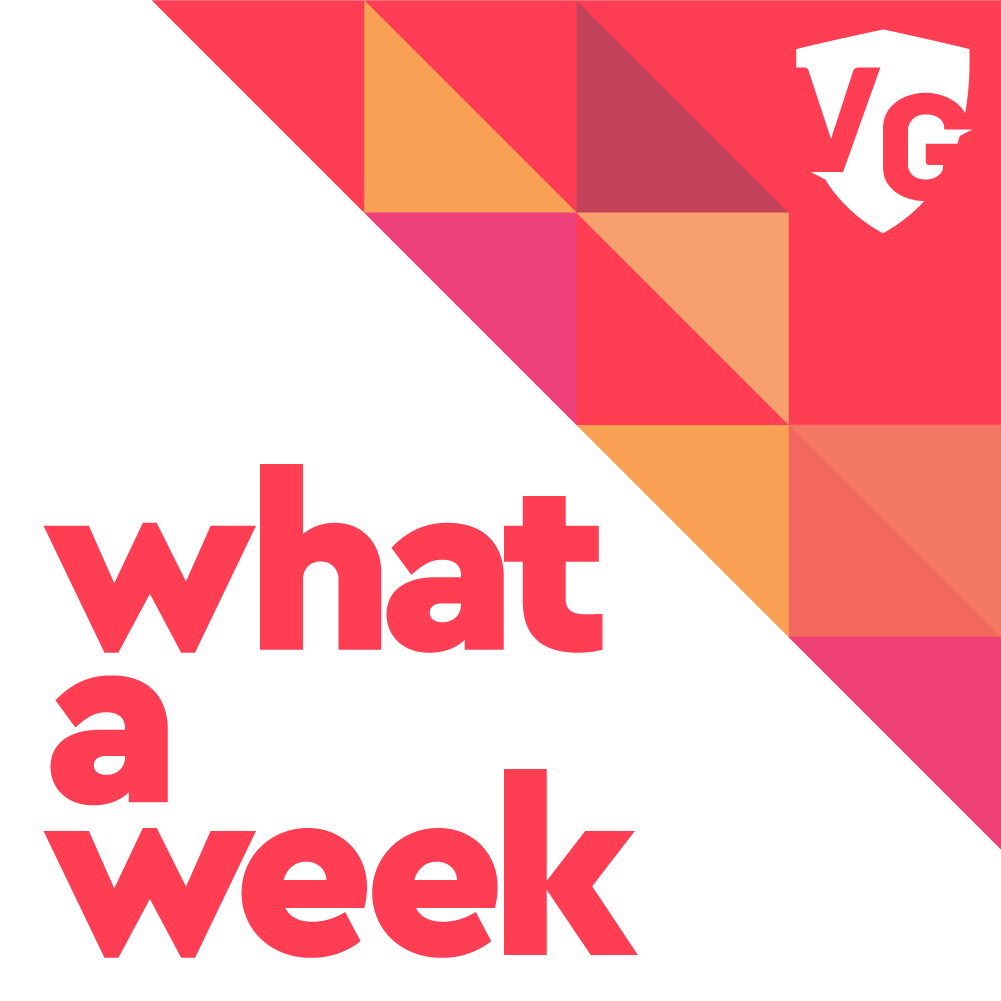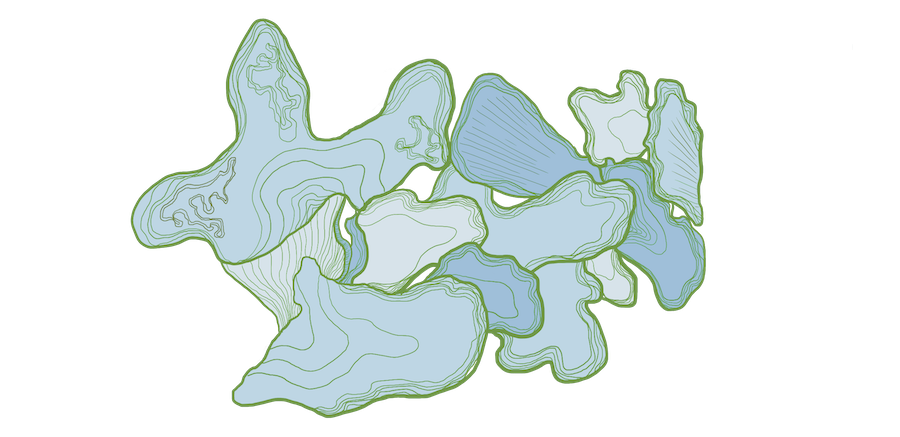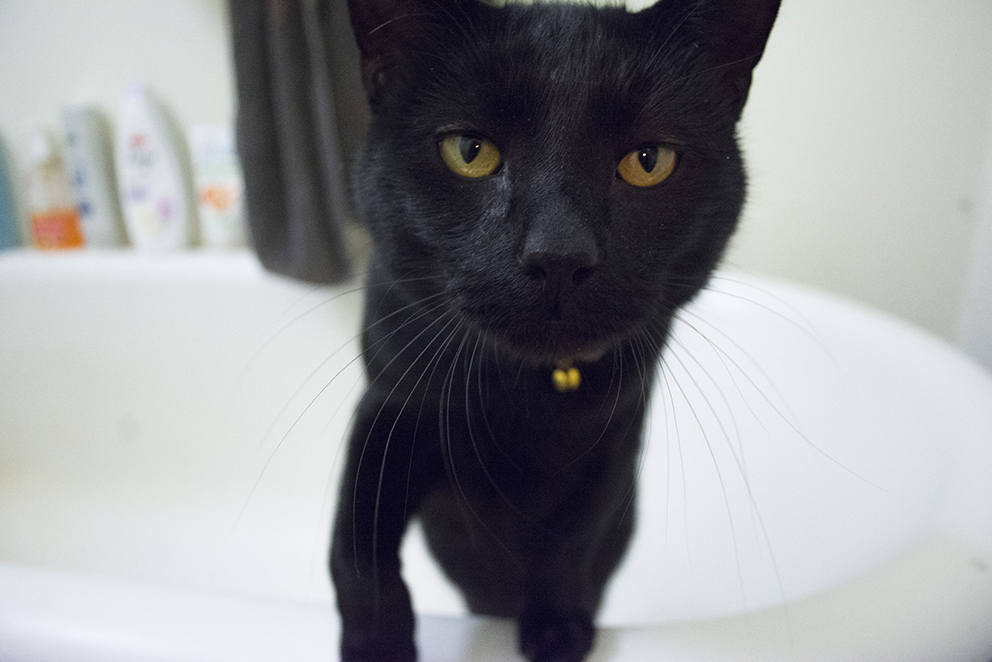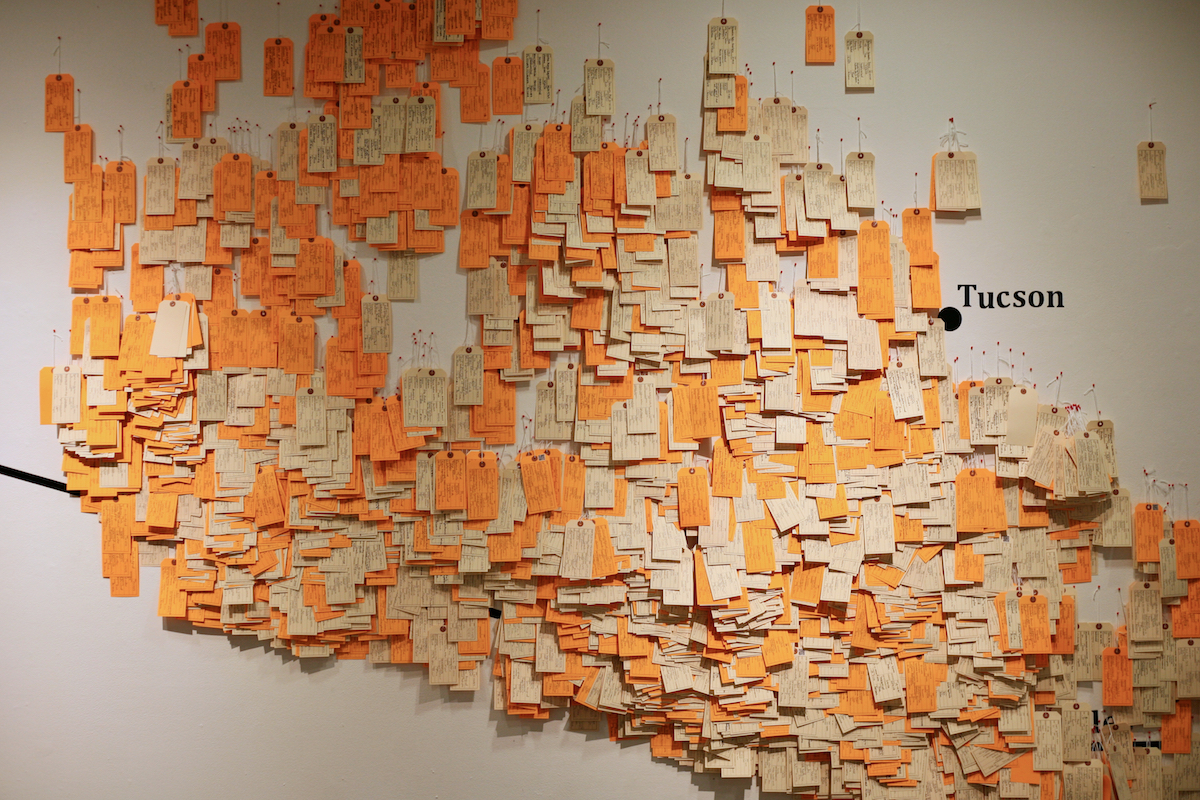May 11, Manila, Philippines: One day after winning the Philippine presidential election, President-elect Ferdinand Marcos Jr. went to visit the grave of his father, a disgraced Philippines dictator. Marcos’ visit marked the polarization of the return to power of a notorious political dynasty. Images of Marcos shared by his team on Wednesday showed him laying a bouquet of flowers atop his father’s grave while wearing dark sunglasses. His father was buried in the Manila Heroes’ Cemetery, where his body was relocated in 2016 following the family’s long battle to bury him in the same place as other presidents. Due to his 20-year autocratic rule and enforcement of martial law—which culminated in a 1986 People Power uprising—past governments had refused to bury him in the cemetery. “The young Marcos is grateful to the Filipino people for giving him the landslide victory and to his father who [had] been his inspiration throughout his life and taught him the value and meaning of true leadership,” read a statement by Marcos’ team accompanying the photos on Twitter. Marcos won a landslide victory with more than double the amount of votes of the nearest rival—winning an outright majority in the presidential election of the Philippines for the first time in years—which some criticized as foul play and led to nation-wide protests. On Tuesday, Marcos vowed to work for all people and asked for the world to judge him on his presidency, and not on the history of his family.
May 11, London, Britain: Britain rejected proposals from the European Union on Wednesday that asked to resolve the standoff on post-Brexit trade rules for Northern Ireland. Britain said that it would not hesitate from taking direct action. To this, Northern Ireland responded that Brussels would trigger legal action. The biggest challenge, since the beginning of Brexit negotiations, had been to preserve peace within Northern Ireland and protect the EU’s single market—without imposing a hard border between the British province and Ireland, nor a border within the United Kingdom. Prime Minister Boris Johnson’s administration said the required bureaucracy would be intolerable, despite earlier agreements to create a customs sea border dividing Northern Ireland from the rest of the UK. In October, Brussels offered to ease customs checks, but according to British Foreign Secretary Liz Truss, the offer failed to address the core problem. “Prices have risen, trade is being badly disrupted, and the people of Northern Ireland are subject to different laws and taxes than those over the Irish Sea, which has left them without a [governing] executive and poses a threat to peace and stability,” Truss said in a statement. Irish Foreign Minister Simon Coveney announced on Wednesday that the EU would launch legal action and potentially impose countermeasures should London take unilateral action.
May 12, Pyongyang, North Korea: North Korea reported its first COVID-19 outbreak, with state media reporting an Omicron variant detected in Pyongyang, the nation’s capital. The country called this outbreak its “gravest national emergency,” and has ordered a national lockdown. Even though North Korea has never previously reported a COVID-19 case, officials in both the United States and South Korean have said there could have been earlier unreported cases in the country—considering North Korea’s trade and travel with China before its borders were sealed in early 2020 with the intent of blocking the virus from entering. “The state’s most serious emergency has occurred: A break emerged in our emergency epidemic prevention front that had been firmly defended until now,” said state-sponsored Korean Central News Agency. This could be a major crisis as North Korea lacks medical resources and has denied international help with vaccinations. As of March, there were no records of any North Koreans being vaccinated. Samples taken on May 8 from some people in Pyongyang experiencing fevers displayed the presence of a sub-variant of Omicron. A Chinese-state televised address delivered on Thursday reported that North Korea had imposed a stay-at-home order Tuesday, citing suspected flu symptoms in some people. Kim Jong-un, leader of North Korea, convened a politburo meeting of the ruling Workers’ Party, and ordered a strict lockdown nationwide as well as the mobilization of emergency reserve medical supplies. Kim appeared on television wearing a mask as he arrived at the meeting, taking it off once the meeting began, though all other attendees wore masks.






